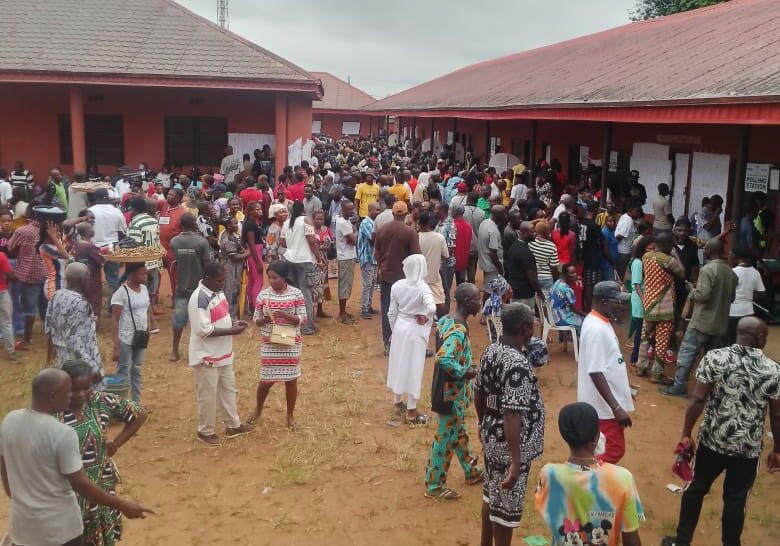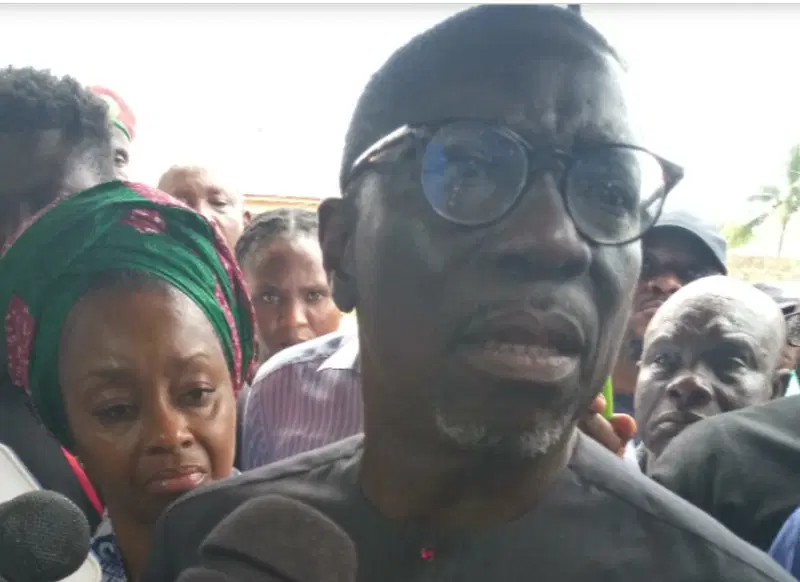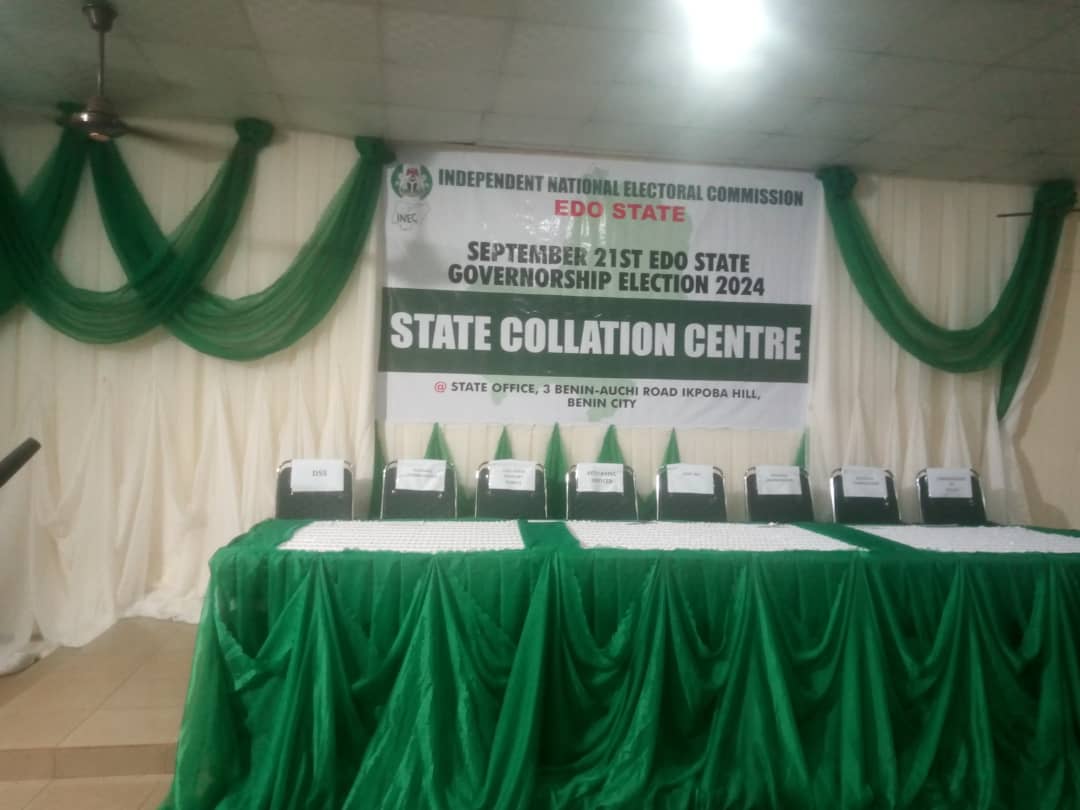Rice is a regular food on the table of most households in the country. Although, the price has increased in recent times, owing to shortage of supply as funding and insecurity continue to pose serious challenges to farmers, there is no doubt, rice farming, especially, on a large scale , is very profitable. However, to get money, you have to invest money, meaning that, its a capital intensive business, but you can reap bountifully if you go through the pain of funding.
To this end, the founder, president and chairman of the Coscharis Group, Dr Cosmas Maduka, and also a rice farmer said, its a lucrative venture, though capital intensive, its not a business for the lazy man.
Funding
On Funding, he said: “For instance, we accessed N7 billion loan facility from Access Bank for Coscharis Farm in Anaku, Anambra state. In 2019, which was our first year of doing two-season farming. We spent N3.5 billion to do irrigation covering 27 kilometres. We built eight pump stations connecting water from Oji River that is supplied by Anambra River, and we take water across 27 kilometres into the farm. So, this year, we did our first dry season farming. That is why to do rice farming at the level we are doing it, is a huge task.
“The total road network is over 200 kilometres and you can see, to do rice farming on a large scale requires huge funding.”
Land Clearing
To him, “The 200 kilometres, in which our rice farm is situated, is a village in the riveline area of Anaku. You won’t believe it exists. It is the power of vision. This land was acquired over 30 years ago from three major sources: Life Breweries of Onitsha, Bravo, Rojenny and the villagers. Different lands put together.
“To cut and move trees out of this piece of land cost over a billion naira, because it is a virgin forest that has never been habited in life. To level the ground is one of the most difficult preparations of the farm. You have to build roads so that vehicles will come in and be able to discharge the proceeds to move them to the mill. We haven’t seen any model of that farm. My consultants are from Australia who came and did all these plans and we moved into action.”
Plantation
“Rice is a crop that grows on mud. So, you make the ground muddy with water and plant this weed on it, it will grow and give you everything it requires. Rice is such that 120 days subject to the grain you are planting; you can harvest and plant another. So you can do three seasons. We were doing only rainy season farming from 2015 to 2017, depending on the weather. In the last three years, we have constantly had flood damage our crop. So, we now rely on irrigation which gives us privilege to plant three times in a planting season.
“In the northern part of this country, 90 percent of the irrigation that were done was sponsored by the government or non-governmental organisations, but we at Coscharis organisation spent over N3.5 billion to do the irrigation in our farm. It again showed the capital intensiveness of investing in large scale rice farming,” he pointed out.
Profit
Speaking on profitability, Maduka said: “There were seasons where we had N300 million to N400 million paid for two months and one month respectively, to supply rice but we could not supply any product to them because there were no paddy.
“Many farmers are beginning to find out that there is money in paddy {harvested, but not yet processed or threshed rice}, because paddy went from N110,000 per tonne to N250,000 per tonne at some point in 2021. Many farmers who are into other crops are shifting towards rice. The paddy price is dropping, but not significantly because the demand is still there. There are so many mills. Many people never invested in full blown agriculture like we did. We are doing backward integration; from farming to harvesting to milling. “

 4 weeks ago
34
4 weeks ago
34















 English (US) ·
English (US) ·